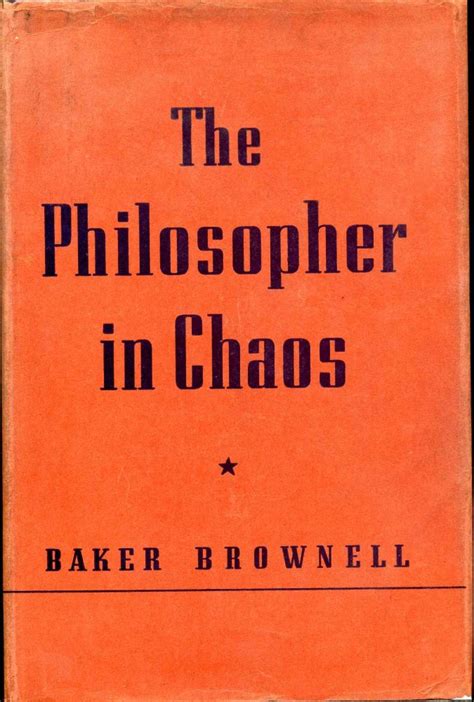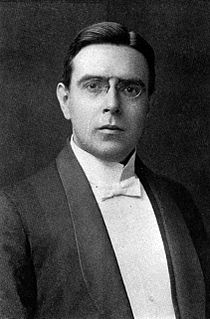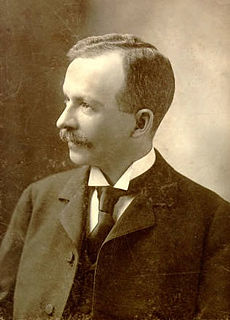A Quote by George Eliot
Perspective, as its inventor remarked, is a beautiful thing. What horrors of damp huts, where human beings languish, may not become picturesque through aerial distance! What hymning of cancerous vices may we not languish over as sublimest art in the safe remoteness of a strange language and artificial phrase! Yet we keep a repugnance to rheumatism and other painful effects when presented in our personal experience.
Quote Topics
Aerial
Art
Artificial
Beautiful
Beautiful Thing
Become
Beings
Damp
Distance
Effects
Experience
Horrors
Human
Human Being
Human Beings
Huts
Inventor
Keep
Language
Languish
May
Other
Our
Over
Painful
Personal
Personal Experience
Perspective
Phrase
Picturesque
Presented
Remoteness
Safe
Strange
Thing
Through
Vices
Related Quotes
Art arises in those strange complexities of action that are called human beings. It is a kind of human behavior. As such it is not magic, except as human beings are magical. Nor is it concerned in absolutes, eternities, "forms," beyond those that may reside in the context of the human being and be subject to his vicissitudes. Art is not an inner state of consciousness, whatever that may mean. Neither is it essentially a supreme form of communication. Art is human behavior, and its values are contained in human behavior.
UG [universal grammar] may be regarded as a characterization of the genetically determined language faculty. One may think of thisfaculty as a 'language acquisition device,' an innate component of the human mind that yields a particular language through interaction with present experience, a device that converts experience into a system of knowledge attained: knowledge of one or another language.
The industrial-technological system may survive or it may break down. If it survives, it MAY eventually achieve a low level of physical and psychological suffering, but only after passing through a long and very painful period of adjustment and only at the cost of permanently reducing human beings and many other living organisms to engineered products and mere cogs in the social machine.
Distance... is like futurity. A dim vastness is spread before our souls; the perceptions of our mind are as obscure as those of our vision... But alas! when we have attained our object, when the distant 'there' becomes the present 'here,' all is changed; we are as poor and circumscribed as ever, and our souls still languish for unattainable happiness.
Solitude in the city is about the lack of other people or rather their distance beyond a door or wall, but in remote places it isn’t an absence but the presence of something else, a kind of humming silence in which solitude seems as natural to your species as to any other, words strange rocks you may or may not turn over.
Joy is what makes life worth living, but for many joy seems hard to find. They complain that their lives are sorrowful and depressing. What then brings the joy we so much desire? Are some people just lucky, while others have run out of luck? Strange as it may sound, we can choose joy. Two people can be part of the same event, but one may choose to live it quite differently than the other. One may choose to trust that what happened, painful as it may be, holds a promise. The other may choose despair and be destroyed by it. What makes us human is precisely this freedom of choice.
When I write, my goal is to delve deeply enough into the human experience to find a sort of universality. Once you dig down underneath surface differences, we are all human beings. And all human beings want essentially the same things at our core. We want to love and be loved. We want to be safe. We want our loved ones to be safe.
It is a truism that as long as man loves but himself and his art he can never attain to the full measure of manhood or reach the sublimest heights of his art. He must seek to love men as brothers and art, not for the sake of art itself, but art as a means toward bringing all men up to that verdant plateau where their souls may be fed in very rejoicing in all that is true, beautiful, and abiding.
Selfishness is the most constant of human motives. Patriotism, humanity, or the love of God may lead to sporadic outbursts sweep away the heaped-up wrongs of centuries; but they languish at times, while the love of self works on ceaselessly, unwearyingly,burrowing always at the very root of life, and heaping up fresh wrongs for other centuries to sweep away.
What Artistic and Scientific Experience Have in Common - Where the world ceases to be the scene of our personal hopes and wishes, where we face it as free beings admiring, asking, and observing, there we enter the realm of Art and Science. If what is seen and experienced is portrayed in the language of logic, we are engaged in science. If it is communicated through forms whose connections are not accessible to the conscious mind but are recognized intuitively as meaninful, then we are engaged in art. Common to both is the loving devotion to that which transcends personal concerns and volition.





































